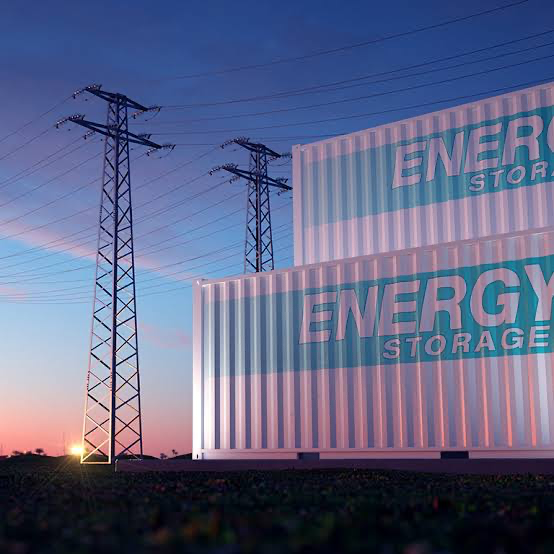KEY POINTS
- GEAPP unveiled a $16 million package to expand mini-grids in Africa, aligned with Mission 300.
- Nigeria will receive over $7 million in targeted allocations, including $2 million for RMI’s clean energy rollout and $5 million under DART 3.0.
- Broader funding will support projects in DRC and South Africa, underscoring a continent-wide shift toward decentralized renewable energy.
The Global Energy Alliance for People and Planet (GEAPP) has pledged $16 million to accelerate mini-grid deployment across Africa, marking another push to close the continent’s chronic power gap.
The announcement was made on the sidelines of the United Nations General Assembly’s 80th session in New York, where energy access was a prominent theme.
The initiative is tied to Mission 300, a World Bank Group and African Development Bank-led coalition that aims to connect 300 million Africans to electricity by 2030. Despite decades of reforms and billions spent, more than 600 million people across Africa remain without reliable power — a constraint that continues to choke growth and development.
Nigeria Secures Key Share of Funding
Nigeria, Africa’s most populous nation and one of its most power-starved, will receive more than $2 million to scale interconnected mini-grids through a partnership with RMI. The plan calls for rolling out 100 megawatts of clean energy, building a pipeline for an additional 500 MW, and cutting costs to make electricity affordable for households and businesses.
“Interconnected mini-grids are a game-changer for Nigeria’s energy future,” said Jon Creyts, chief executive of RMI. “They combine on-site renewables with grid power to deliver reliable, affordable electricity, reduce reliance on diesel, and create value for both developers and utilities. With support from GEAPP, this model can be scaled to millions.”
Nigeria will also receive a $5 million boost through the Demand Aggregation for Renewable Technology (DART 3.0) program, managed by Odyssey Energy Solutions. By pooling equipment orders across Nigeria, Sierra Leone, and Madagascar, the initiative aims to unlock up to $125 million in renewable energy investments while halving project delivery timelines.
Emily McAteer, Odyssey’s co-founder and CEO, said, “Mobilizing clean energy at scale is essential for universal access. By lowering costs and accelerating deployment, we are making the distributed renewable energy market more investable.”



